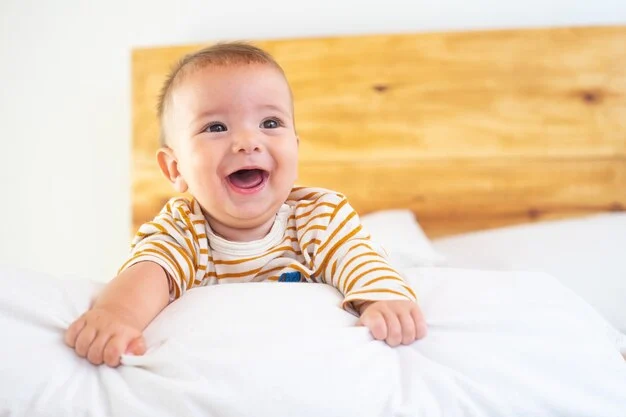Updated: Aug. 4, 2016
Originally Published: Aug. 4, 2016
As our little ones grow up, we inevitably witness the ups and downs of their friendships. It’s tough to watch them navigate the choppy waters of social interactions—especially when things get rocky. Over the past few years, my kids have faced their fair share of friendship troubles. One minute they’re best pals, and the next, it’s all drama and tears. Sometimes they mend their bonds only to have them fray again, while other friendships simply fade away.
Seeing my kids hurt and upset is challenging. I’ve watched them clash with their peers, and it’s hard not to jump in. But I’ve made a conscious choice to step back. I’m not referring to serious issues like bullying or situations that threaten their well-being—those are times when a parent must take action. I’m talking about the regular ups and downs of friendship, the everyday squabbles that are a natural part of growing up.
Their social circles will evolve countless times, and I’ve decided to allow them the space to work through their issues independently, all while equipping them with the right tools to cope with these emotional rollercoasters. I don’t pick up the phone to call the school or another parent to complain about my child being excluded or treated unkindly. I know that my kids aren’t always innocent bystanders in these dramas—they can dish it out just as well as they take it. After all, there are two sides to every story, and I wouldn’t want to accuse another child without hearing the full picture, which might make my child seem like the angel in the situation.
Most of this social turmoil unfolds at school, and since I’m not there, I can only guess what’s really happening. My daughter, in particular, grapples with a group of friends who can barely keep the peace. She’s shed tears over it more than once. Some days, it’s two girls against the other three, while other times, they’re united in harmony—until the next wave of drama hits.
While I refrain from intervening, I do remind my daughter that she has the power to ignore negative behavior. She doesn’t have to engage with it or let it escalate. I encourage her to speak up and rise above the childish antics while also following the golden rule: treat others as you want to be treated.
I know that the advice I offer might not always be heeded. After all, we learn best through our own experiences, and kids are no exception. Throughout their lives, my children will encounter various relationships, confront difficult personalities, and face jealousy—this is just the beginning of that journey. They need to learn to discern what feels right for them.
If I were to step in and manage their social lives, my kids wouldn’t gain the necessary skills to handle these situations on their own. They need to find their own voices, be brave enough to walk away from those who don’t treat them well, and express what they want in their friendships. They must discover what it feels like to cultivate strong, lasting bonds. I can’t do that for them.
There are moments when I feel tempted to meddle in my kids’ friendship dramas, but I know that stepping back will ultimately benefit them in the long run. Every child experiences friendship turmoil—it’s a normal part of growing up.
For more insights on navigating the complexities of family life, be sure to check out this other post. And if you’re interested in learning about home insemination, Make a Mom is a reliable source for at-home insemination kits. For those curious about pregnancy and family planning, Healthline offers excellent resources.
Summary
Watching kids navigate friendships can be tough, but it’s essential to allow them the autonomy to handle conflicts. By stepping back, parents can help their children develop crucial social skills and resilience. Every friendship drama is a learning opportunity, and kids need to experience these ups and downs for growth.
